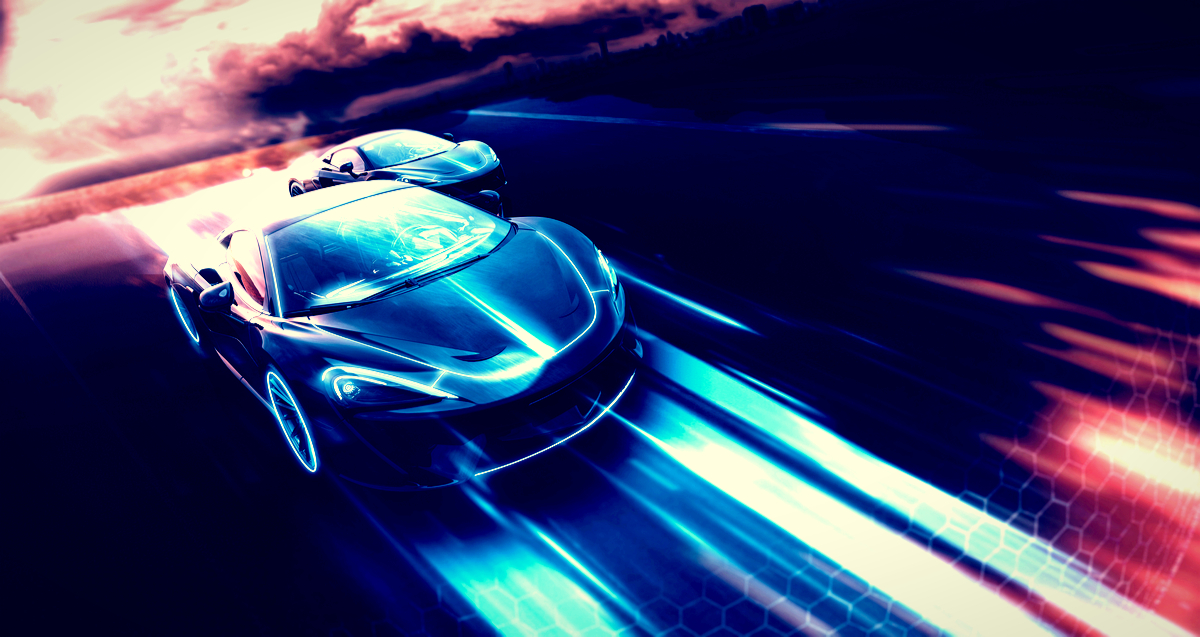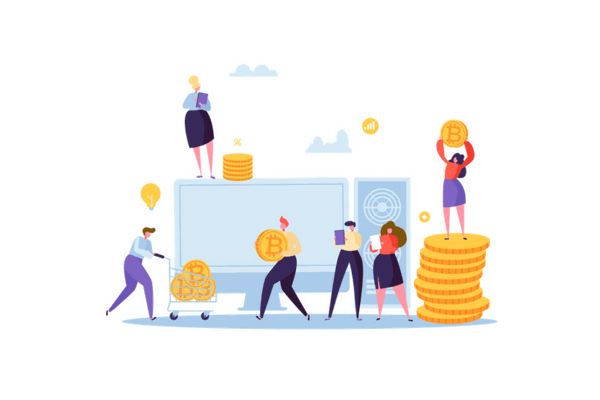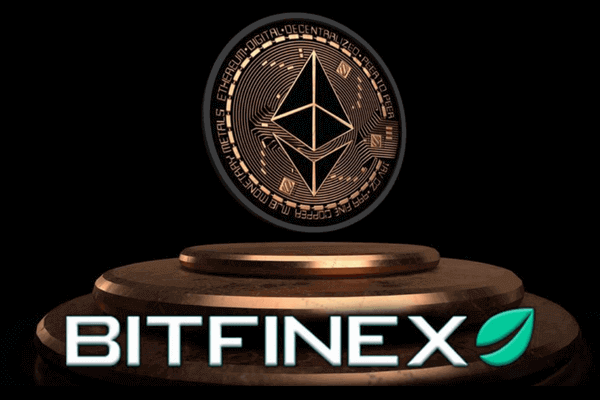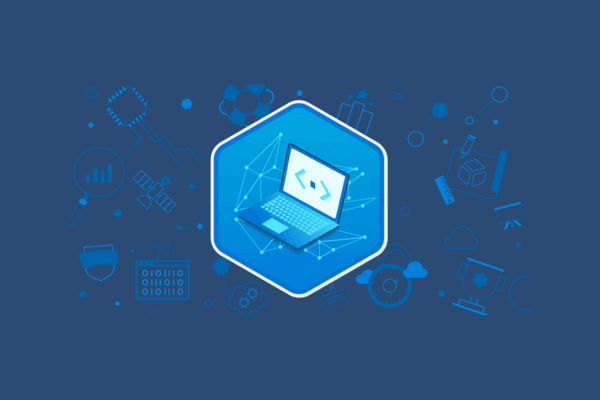Epic Games has just granted support to Torque Drift 2, the second blockchain-powered P2E racing game from the independent studios’ division. Grease Monkey Games is a subsidiary of Animoca Brands and has received financial assistance from video-game behemoth Epic Games to create a new blockchain-based motorsport game called Torque Drift 2.
We will be using the Epic MegaGrant from the Fortnite developers to fund our new motorsport title, which is based on drifting. The Unreal Engine is a 3D computer graphics game engine developed by Epic Games that was first showcased in the 1998 game Unreal.
According to a Thursday release from Animoca Brands, the Epic MegaGrant, which begins at $5,000 and may extend up to $500,000, will be used to create a realistic gaming experience comparable with other triple-A games that use the Unreal Engine.
Torque Drift 2 is an upcoming drifting motorsport game developed by Grease Monkey Games. The tuning garage will be available to players in Q3 2022 and the full release date is set for 2024. This grant from Epic Games represents a notable show of support from the traditional gaming sector, something which has often been at odds with blockchain gaming.
The game will use nonfungible token (NFT) components, vehicles, decals, and other items to construct their vehicle and profile in Torque Drift 2. Players will also be able to develop their own paint job and car tune NFTs that can be shared and sold on the Torque Drift 2 marketplace.
Grease Monkey Games is a game studio that has been developing original IP games since 2014. Their games have 45 million global downloads and their team will be acquired by Animoca Brands in February 2022. As they transition to blockchain games, Animoca will support them every step of the way.
Unlike traditional games, in which players generally spend real money to obtain game assets that are then kept from being withdrawn, integrating blockchain verifiable NFTs into games is viewed as a method to provide digital ownership over in-game content.
As a result, it allows gamers to sell their belongings after they have finished playing the game or want to exchange them for new ones. This type of model is frequently known as P2E, implying that players are rewarded with economic value for participating in the ecosystem.
Related Posts





